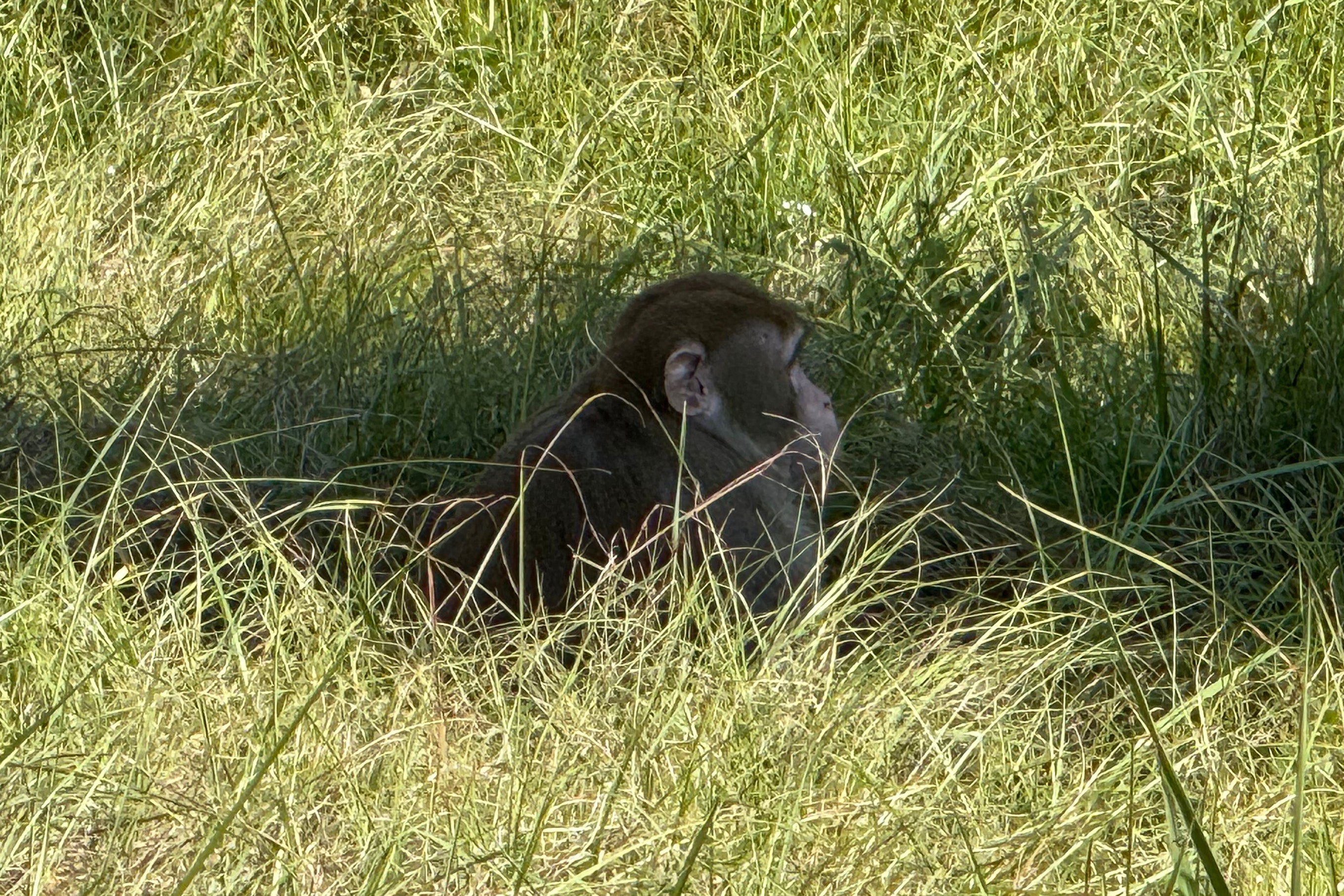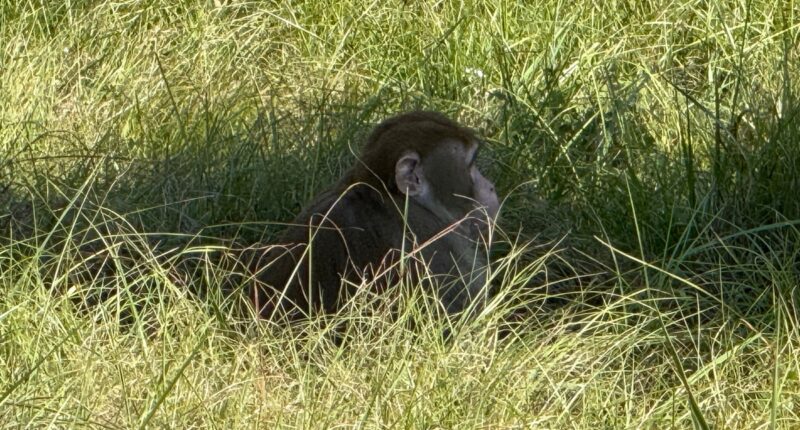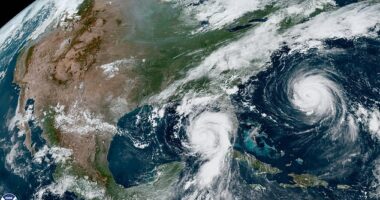A Mississippi woman shot and killed one of the monkeys that escaped from an overturned truck last week because she reportedly feared for the safety of her children.
“I did what any other mother would do to protect her children,” Jessica Bond Ferguson told The Associated Press. “I shot at it and it just stood there, and I shot again, and he backed up and that’s when he fell.”
Ferguson, who has five children ranging in age from 4 to 16, grabbed her gun on Sunday when her eldest son told her he thought he had seen a monkey running in the yard outside their home near Heidelberg, Mississippi.
When she stepped outside, she spotted the monkey about 60 feet away from her. The Mississippi mom said she and other residents had been warned about the diseases that the escaped monkeys carried so she fired her gun.

The Jasper County Sheriff’s Office confirmed in a social media post that a homeowner had found one of the monkeys on their property Sunday morning but said the office didn’t have any details.
The Mississippi Department of Wildlife, Fisheries, and Parks took possession of the monkey, the sheriff’s office said.
It comes several days after a truck loaded with caged Rehsus monkeys crashed on Interstate 59, north of Heidelberg, on Tuesday. It is still not clear what caused the truck to overturn, but officials confirmed that three monkeys had escaped.
The Rhesus monkeys had been housed at the Tulane University National Biomedical Research Center in New Orleans, Louisiana, which routinely provides primates to scientific research organizations, according to the university. In a statement, Tulane University said the monkeys do not belong to the university, and they were not being transported by the university.
Despite reports initially suggesting that the monkeys were carrying infectious diseases – including hepatitis C, herpes and Covid-19 – Tulane University, where they were being housed, denied that was the case.

“The primates…aren’t infectious. We’re actively collaborating with local authorities & will send a team of animal care experts to assist as needed,” the university wrote. Tulane stressed to The Independent that the monkeys “have not been exposed to any infectious agent.”
The Associated Press contributed to this report.









